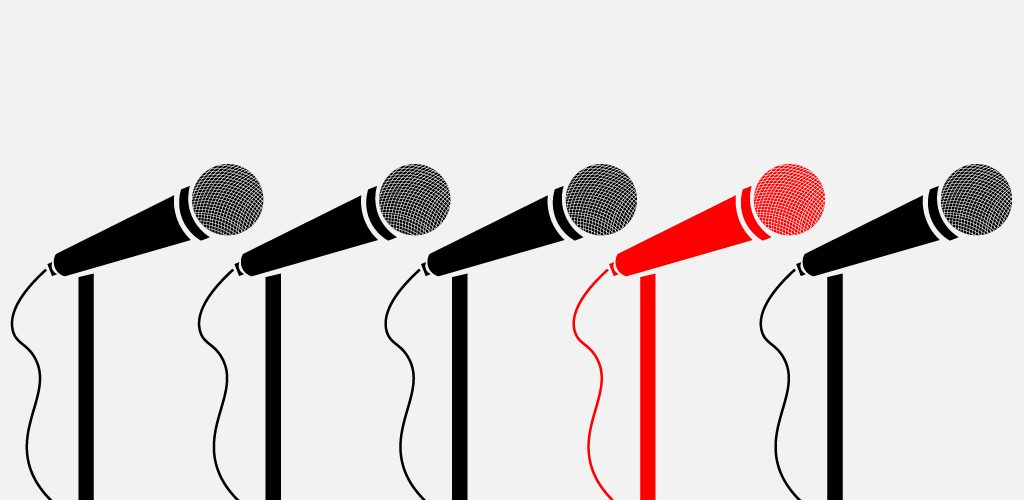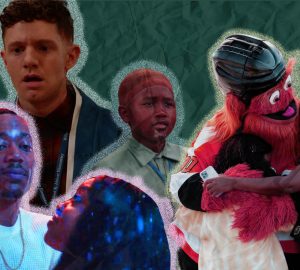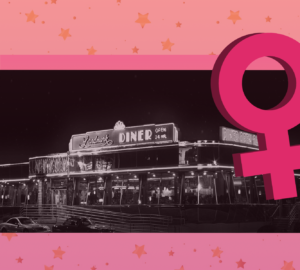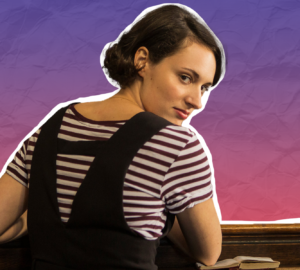
The more I think about it, the more I wonder whether or not being a stand-up comic is like having a license to say whatever you want. And if it is, then is that appropriate? Is a special privilege to speak recklessly neccesary for comedy to succeed and benefit the audience, or is the whole thing an excuse to say offensive stuff?
First, I think that, for better or worse, stand-up is indeed a free pass to say anything. It’s easy to forget that stand-up is a form of performance art and therefore, just an act. The performer is taking on a persona even if it is nearly identical to who they are off-stage. This means that anything they say falls under the umbrella of a performance intended to make people laugh, and the real person behind the character is absolved of responsibility as long as it is presented within the context of a comedy show.
If a performer fails to get a laugh, or crosses a line of decency, it counts as collateral damage. In this line of thinking intent is everything. The intent needs to be to make people laugh in order for the license to work.
Comedians are generally given this freedom. Sporadic instances of controversy surface occasionally when an audience member is upset with a joke, but even then, there’s nothing that really prevents a comedian from exploring a topic in the future. Certain topics have a controversial air around them and that makes it harder to approach in a comedic way, but nothing really stops anyone from talking about it later.
The creators of “South Park,” Matt Stone and Trey Parker have a general philosophy of comedy which is, “Either everything is ok to joke about, or nothing is.” They believe that making a distinction between what is and isn’t allowed to be used as fodder for jokes violates a fundamental aspect of free speech and ruins the integrity of writing jokes.
Most comedians understand this idea and I believe that this is how things actually operate. Everything is ok to make fun of even though certain groups take offense and try to stifle different topics. If any topic is off-limits it’s usually because the comedian personally chooses to avoid it. Otherwise, anything is fair game as long as the performer knows how to navigate the setup so the audience feels like they are allowed to laugh.
If we can accept that performing comedy is a free pass to say anything, then the next question is whether or not that fact benefits the craft and the experience of the audience, or if it just creates a platform for being offensive?
I believe both are true and the former actually leads to the latter. The freedom to explore any topic no matter how sensitive lays a foundation for comedians to build from, but it does open the door for abuse of the privilege.
The benefit of allowing people to build jokes from sensitive subjects is that it can act as a coping mechanism in the face of tragedy. The ability to make light of something dark helps take the sting out of feeling helpless in the face of it.
However, since this freedom does exist, if we choose to believe that it should, then that means that we have to be willing to accept that someone can abuse that privilege to say whatever they want.
In theory, you could go to any open mic in the country, pay five bucks, a two drink minimum or both and get up on stage for 3-7 minutes and say whatever awful nonsense pops into your head. Someone might try to hammer you into paste later, or shame you on the internet, but you still have the right and the privilege to say anything.
I think accepting that comedy is a free-pass to be offensive is not a bad thing. We should embrace the unpredictability of the pursuit of a joke and support the license comedians have so they can make fun of the things that really bother us. We also need to make sure that we take personal responsibility as audience members and remove ourselves if we are bothered by the jokes themselves.























